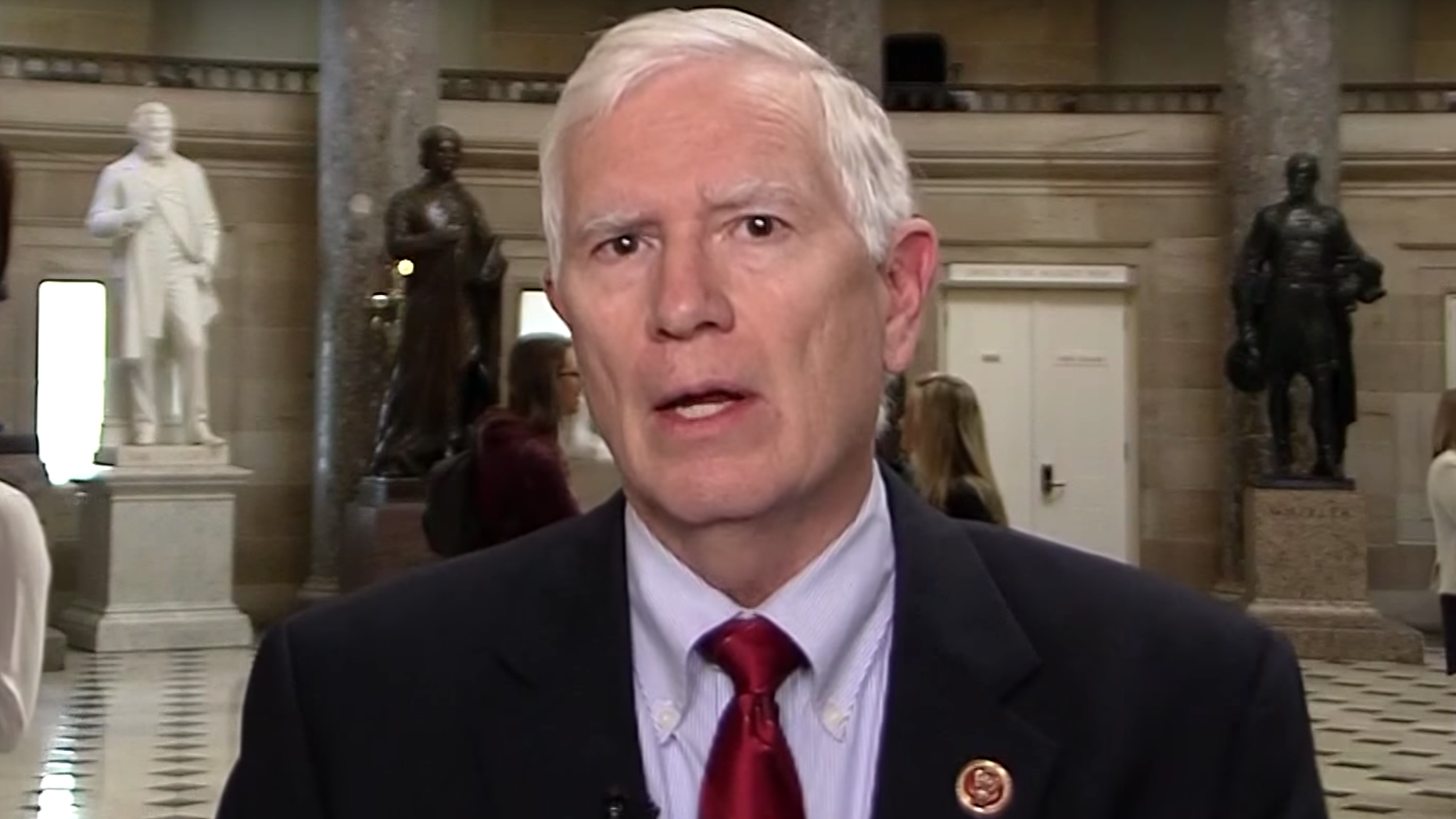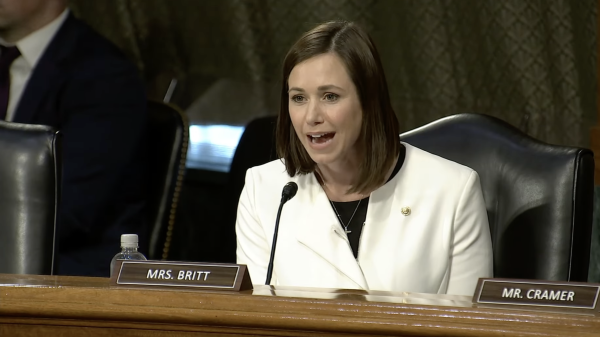Congressman Mo Brooks, R-Alabama, on Friday announced that he has joined fellow Republicans in a letter urging that the Department of Homeland Security thoroughly vet the evacuees from Afghanistan. Brooks warned that “extreme vetting” is needed to protect “national security.”
“I joined Congressman Andy Biggs and 30 Republican colleagues in sending a letter to Department of Homeland Security Secretary Mayorkas regarding the vetting of Afghan evacuees,” Rep. Brooks said on social media. “Both Republicans and Democrats have expressed concerns over the lack of vetting of recently imported Afghanis. We took a process (vetting SIVs) that could take years and condensed it down to a few hours on a hectic tarmac in Kabul. We need to know more about the vetting of these individuals. It’s weak vetting, if anything, by the Biden Administration. Anything less than extreme vetting is a national security risk that could lead to another attack on the homeland.”
“We have all watched the chaotic evacuation scenes play out in Afghanistan. It has raised serious questions on who is being brought into our country,” said Congressman Andy Biggs, R-Arizona. “We need to ensure that these individuals are being properly vetted and do not pose a risk to our communities. American safety must be prioritized.”
The Congressmembers wrote:
“The hurried evacuation of more than 100,000 Afghan nationals over the past several weeks raises serious concerns about the adequacy of the vetting that has been done on those evacuees.
On August 29, 2021, President Biden directed the Department of Homeland Security (DHS) to serve as the lead agency to coordinate the federal government’s efforts to resettle Afghans in the United States. This announcement follows a memorandum from you to U.S. Customs and Border Protection on August 23, 2021, indicating that you found that it is an appropriate exercise of your discretionary authority to parole certain Afghan nationals into the United States.
We have all watched the chaotic scenes play out in Afghanistan over the past several weeks as the United States government worked to evacuate U.S. citizens and our allies from Afghanistan as part of President Biden’s poorly planned withdrawal of U.S. military forces from the country. Watching the videos and hearing first-hand accounts from those on the ground raise serious questions about the evacuation operation and the vetting of evacuees.
There have been multiple media reports of individuals with criminal records or potential ties to terrorist organizations being evacuated from Afghanistan. For example, the Washington Times has reported that an individual who was “convicted of rape and deported from the U.S. was allowed to board an Afghan evacuation flight and reach America[.]” And according to multiple media accounts, a U.S. government official warned that as many as 100 Afghan evacuees flown out of Afghanistan are on government watch lists. These reports are extremely troubling.
We request that you provide us with answers to the following questions by Friday, September 10, 2021. We also request that you provide copies of all guidance that has been distributed to DHS employees regarding the vetting of evacuees and the process for considering and granting parole requests by Afghan nationals.
- How many Afghan nationals has DHS paroled into the United States since January 20, 2021?
- How many Afghan nationals with pending Special Immigrant Visa applications has DHS paroled into the United States?
- How many Special Immigrant Visa applications has DHS approved since January 20, 2021
- Did DHS, the State Department, or the Department of Defense collect biometrics for each individual granted parole before they came to the United States
- What vetting procedures did the government employ prior to individuals boarding planes in Afghanistan?
- What vetting occurred between the time the plane left Afghanistan and when the individuals arrived in the United States?
- What vetting occurred before individuals were granted parole?
- How many individuals were denied parole because of information uncovered during the vetting process?
- What steps is DHS taking to monitor paroled individuals once they are in the United States?
- What steps will DHS take if an individual is found to have a criminal record or have ties to a terrorist organization after the alien has entered the United States?
- Your August 23, 2021, memorandum indicated that individuals may have conditions placed on their parole. How many aliens have had conditions placed on their parole and what are those conditions?
- Your memorandum indicated that individuals may only be granted parole “on a case-by-case basis[.]” How has DHS been able to properly review each request on a case-by-case basis in so little time?
We look forward to receiving your responses.”
Congressman Mo Brooks is serving in his sixth term representing Alabama’s Fifth Congressional District. Brooks is a 2022 candidate for U.S. Senate. Katie Boyd Britt, Lynda Blanchard, and Jessica Fair Taylor are also running for Senate in the Republican primary. Brandaun Dean is running for Senate as a Democrat.
The Republican primary is May 24,2022.



















































